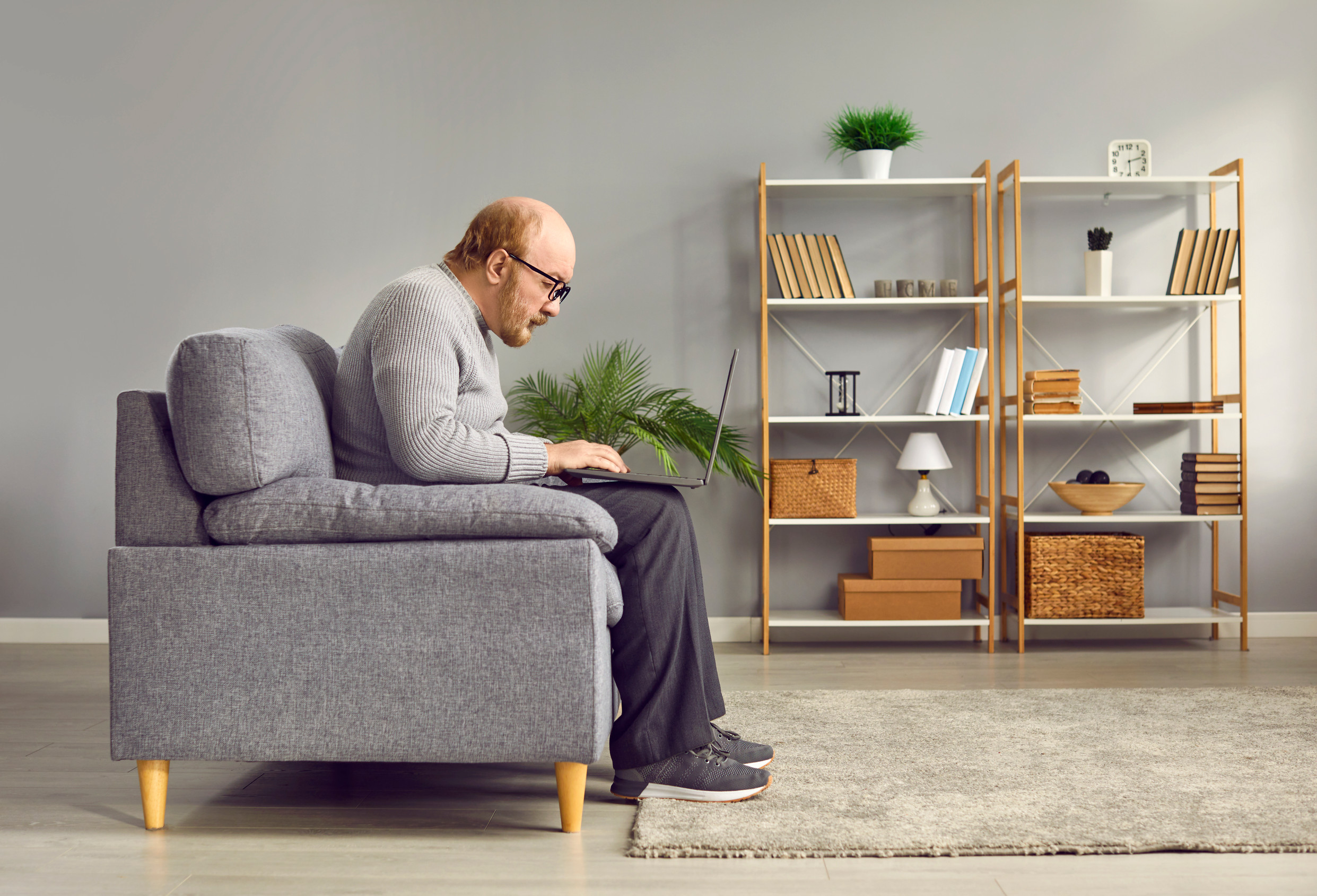
Image Source: 123rf.com
Living alone can be empowering, offering freedom and space for personal growth. However, it can also lead to feelings of loneliness, especially in a world that emphasizes connection and community. Whether you’re adjusting to living alone for the first time or dealing with isolation during difficult times, feeling lonely doesn’t have to be a permanent state. Fortunately, there are several ways to ease loneliness and cultivate a sense of connection and well-being. Here are five practical and effective ways to feel less lonely if you live alone.
1. Establish a Routine for Social Connection
One of the biggest challenges of living alone is the lack of daily social interactions. While you might not have a roommate or family member around to chat with, establishing a routine that includes regular social interactions can help alleviate feelings of isolation. Schedule virtual meet-ups with friends or family members, or plan phone calls with loved ones regularly. Even setting aside time for a coffee break with a neighbor or colleague (when possible) can make a difference in feeling connected.
2. Adopt a Pet for Companionship
If you’re open to it, adopting a pet can be one of the most rewarding ways to reduce loneliness. Pets provide unconditional companionship and can bring a sense of purpose to your life. Whether it’s a dog who needs walking or a cat who curls up beside you, animals offer comfort and affection, filling your home with life and joy.
3. Engage in Creative or Productive Hobbies
Having a creative or productive outlet can keep your mind engaged and offer a sense of accomplishment, helping to combat loneliness. Whether it’s painting, writing, gardening, cooking, or crafting, dedicating time to activities that bring you joy can boost your mental health and reduce feelings of isolation. Hobbies offer opportunities to connect with yourself, your passions, and others who share your interests.
4. Practice Mindfulness and Self-Compassion
Living alone can sometimes bring up feelings of self-doubt or negative thoughts, especially when loneliness strikes. Practicing mindfulness and self-compassion can help you shift your mindset and improve your emotional well-being. Mindfulness practices, such as meditation or deep breathing exercises, help you stay grounded in the present moment and reduce anxiety associated with being alone.
5. Get Out of the House and Explore
Sometimes, a change of scenery is all it takes to shake off feelings of loneliness. Make an effort to leave your home, even if it’s just for a walk around the block, a visit to a local park, or a trip to your favorite café. Being in public spaces or natural environments can help you feel less isolated and more connected to the world around you. You may even strike up conversations with strangers or encounter familiar faces, providing opportunities for social interactions.
Embrace Your Independence While Building Connections
Living alone doesn’t have to mean feeling lonely. By building a routine that includes social connections, adopting a pet, engaging in hobbies, practicing mindfulness, and exploring new places, you can reduce isolation and enjoy your time alone in a more fulfilling way. The key is to find a balance between embracing the independence that comes with living alone and taking steps to foster connections with others, both near and far. By taking proactive steps, you can create a lifestyle that supports your emotional well-being and helps you navigate the challenges of living solo with confidence and joy.
Read More
7 Things People Who Are Always Happy at Home Tend to Do Differently
I’m Alone and Happy: 5 Surprising Reasons Men Over 30 Are Alone and Happy
Leave a Reply